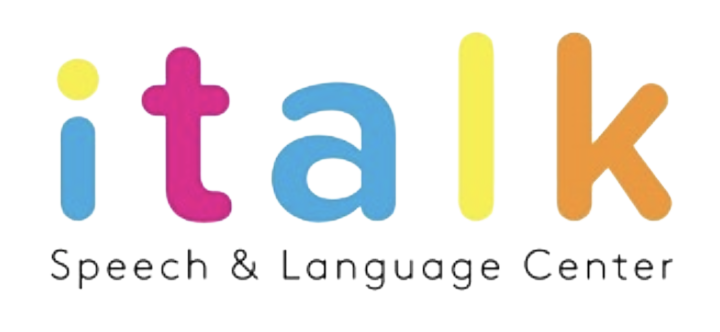
Swallowing Therapy
italk specializes in dysphagia feeding therapy, utilizing individualized techniques to address swallowing difficulties and promote better eating and swallowing abilities.
-
Dysphagia is a medical term that refers to difficulty or discomfort in swallowing, which can involve liquids, foods, or even saliva. It can occur at various stages of the swallowing process, from moving food or liquids from the mouth to the throat (oral phase) to passing them through the throat into the esophagus and stomach (pharyngeal and esophageal phases). Dysphagia can be caused by a range of medical conditions, such as neurological disorders, muscular issues, structural abnormalities, or even certain treatments like radiation therapy. It can lead to complications such as malnutrition, dehydration, aspiration pneumonia, and a decreased quality of life.
-
Swallowing therapy, or dysphagia therapy, can be beneficial for various adults who experience swallowing difficulties. This includes individuals who have:
Individuals who had a stroke: Stroke survivors might develop swallowing problems due to muscle weakness or nerve damage.
Individuals with neurological conditions, such as Parkinson's disease, multiple sclerosis, or ALS can have difficulty swallowing.
Individuals with head and neck cancer: Cancer treatments can lead to changes in the throat and mouth that impact swallowing.
Individuals with traumatic brain injuries: Brain injuries can result in swallowing issues due to nerve or muscle damage.
Individuals with muscular disorders: Conditions such as myasthenia gravis or muscular dystrophy can impact the strength of swallowing muscles.
Age-related changes: As people age, natural changes in muscles and tissues can lead to swallowing difficulties.
Individuals with developmental delays: Some adults with developmental disorders require swallowing therapy to address related challenges.
Individuals with reduced oral sensation: Conditions that impact the ability to feel sensations in the mouth can result in unsafe swallowing.
It's important to note that swallowing difficulties can be caused by a wide range of conditions, so anyone experiencing persistent issues with swallowing should consider seeking an evaluation from a speech-language pathologist or other healthcare professional. They can determine the appropriate course of action and whether swallowing therapy is needed.
-
Dysphagia therapy is vital for managing swallowing difficulties. Many adults mistake it for an age-related issue, but awareness and education are key. By understanding that dysphagia can be addressed, individuals can seek timely intervention, improving swallowing function, safety, and quality of life. This therapy prevents aspiration, aids recovery from conditions like strokes, enhances communication, and promotes independence. Overall, it's a crucial aspect of well-being for those facing swallowing challenges.
-
We take a personalized approach to dysphagia treatment, involving:
Assessment: Professionals evaluate swallowing difficulties thoroughly, considering phases and medical conditions.
Personalized Therapy: Tailored plans include exercises, coordination strategies, and aspiration risk management.
Swallowing Exercises: Targeted exercises enhance muscle strength, coordination, and control.
Food/Liquid Trials: Modified trials establish safe textures to minimize aspiration risks.
Compensatory Techniques: Strategies like posture adjustments aid effective swallowing.
Education: Clients learn safe swallowing, posture, and daily life strategies.
Collaboration: Therapists coordinate with other professionals for holistic care.
Caregiver Support: Caregivers gain skills for a safe eating environment.
Patient-Centered: Communication and collaboration align therapy with individual preferences and goals.
